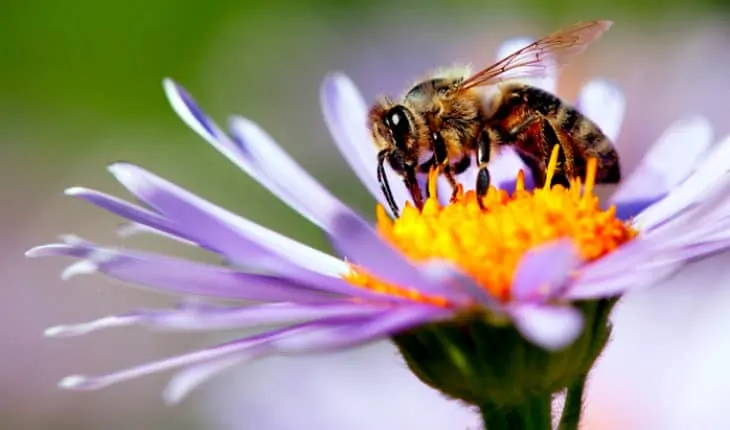Human influences have the potential to reduce the effectivity of communication in bees adding further stress to struggling colonies, according to new analysis.
Scientists at the University of Bristol studying honeybees, bumblebees and stingless bees found that variation in communication strategies are explained by differences in the habitats that bees inhabit and differences in the social lifestyle such colony size and nesting habits.
The findings, published in PNAS, reveal that anthropogenic change, such as habitat conversion, climate change and the use of agrochemicals, are altering the world bees occupy, and it is becoming increasingly clearer that this affects communication both directly and indirectly, for example by affecting food source availability, social interactions among nestmates and their cognitive functions.
How bees adapt their foraging and communication strategies to cope with these threats is a new and pressing area in bee behavioural and conservation research.
Social bees are among the most important pollinators due to their foraging activity. Different types of bees use different communication methods to exploit food sources. Honeybees use the waggle dance and some stingless bees use pheromone trails, but it is still not well understood why different bees use different methods to solve the same problem, which is finding food efficiently.
Author Christoph Grueter from Bristol’s School of Biological Sciences explained: “We have synthesised the recent literature to explain how differences in ecology and sociality explains this variation.
“It is known that anthropogenic effects, such as climate change, pesticides and habitat loss negatively affect social bees.
“The research we analysed shows that different bees have found many different solutions to the problem of finding good food sources in an efficient way. Anthropogenic change has the potential to interfere with bee communication and behaviours that have helped bees be successful for millions of years might suddenly no longer be equally beneficial.”
As communication behaviours help colonies exploit resources, more research is needed to understand how human-caused changes impacts their communication.
The team now plan to establish how habitat loss, climate change and pesticides affect communication behaviours in bees.
- Gut microbiome could delay onset of type 1 diabetes - 3rd April 2025
- The da Vinci 5 Robot Is Set To Transform Bariatric Care: - 31st March 2025
- Beyond money: the hidden drivers fuelling child food insecurity - 31st March 2025






